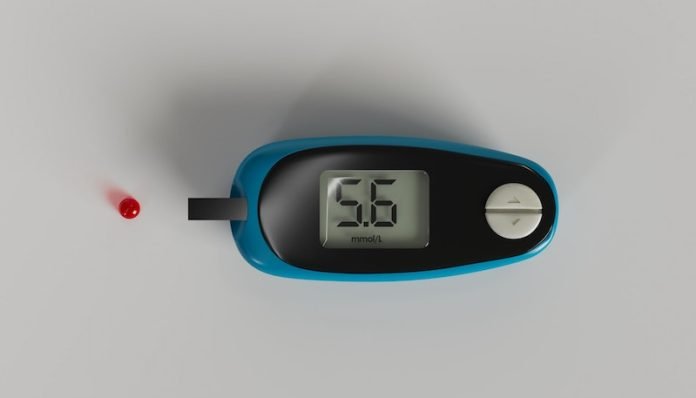
Type 2 diabetes and cancer are two diseases that are increasing in prevalence worldwide.
According to the World Health Organization, approximately 422 million people had diabetes in 2014, and cancer is responsible for approximately 9.6 million deaths annually.
There is a growing body of research that suggests a link between type 2 diabetes and cancer.
This review will explore the relationship between type 2 diabetes and cancer, including the risk factors and potential mechanisms linking the two diseases.
Risk factors
Obesity and physical inactivity are two of the most significant risk factors for both type 2 diabetes and cancer.
Studies have shown that individuals with type 2 diabetes have a higher risk of developing cancer, and that cancer patients with type 2 diabetes have a poorer prognosis.
The link between the two diseases is believed to be related to metabolic dysfunction, inflammation, and oxidative stress.
Other factors that may increase the risk of both type 2 diabetes and cancer include age, family history, and certain genetic mutations.
Mechanisms
One potential mechanism linking type 2 diabetes and cancer is insulin resistance.
Insulin resistance is a hallmark of type 2 diabetes, and it has been suggested that high insulin levels may promote tumor growth.
This is because insulin is a growth hormone that can stimulate the growth and proliferation of cells, including cancer cells.
Studies have also shown that individuals with type 2 diabetes have higher levels of insulin-like growth factor (IGF), another hormone that can promote tumor growth.
Another mechanism linking type 2 diabetes and cancer is chronic inflammation. Inflammation is a normal response to injury or infection, but chronic inflammation can contribute to the development and progression of many diseases, including cancer.
Individuals with type 2 diabetes often have chronic inflammation, which may be related to high blood sugar levels and obesity.
Chronic inflammation can promote tumor growth by creating an environment that is conducive to cancer cell proliferation and survival.
Oxidative stress is another potential mechanism linking type 2 diabetes and cancer.
Oxidative stress occurs when there is an imbalance between free radicals and antioxidants in the body, leading to damage to cells and tissues.
Individuals with type 2 diabetes often have higher levels of oxidative stress, which may be related to high blood sugar levels and obesity.
Oxidative stress can promote tumor growth by damaging DNA and promoting mutations.
Prevention and management
Preventing and managing type 2 diabetes and cancer requires a multifaceted approach.
Lifestyle modifications such as maintaining a healthy weight, engaging in regular physical activity, and following a healthy diet can help to reduce the risk of both diseases.
For individuals with type 2 diabetes, keeping blood sugar levels under control through medication, diet, and exercise is essential for preventing complications and reducing the risk of cancer.
Screening for cancer is also an important component of prevention and management. Individuals with type 2 diabetes should be screened for cancer according to standard guidelines.
This may include regular mammograms, colonoscopies, and other cancer screenings depending on individual risk factors.
Conclusion
Type 2 diabetes and cancer are two diseases that are increasing in prevalence worldwide.
While the relationship between the two diseases is complex, there is growing evidence to suggest that they are linked.
Risk factors such as obesity, physical inactivity, and chronic inflammation contribute to the development of both type 2 diabetes and cancer.
Mechanisms such as insulin resistance, chronic inflammation, and oxidative stress may explain the link between the two diseases.
Prevention and management of both type 2 diabetes and cancer require a multifaceted approach that includes lifestyle modifications, medication, and regular screening.
Further research is needed to better understand the relationship between type 2 diabetes and cancer and to develop more effective prevention and treatment strategies.
If you care about diabetes, please read studies about a cure for type 2 diabetes, and why insulin is more expensive for people with diabetes.
For more information about health, please see recent studies that blueberries strongly benefit people with metabolic syndrome, and results showing eggs in a plant-based diet may benefit people with type 2 diabetes.
Copyright © 2023 Knowridge Science Report. All rights reserved.



